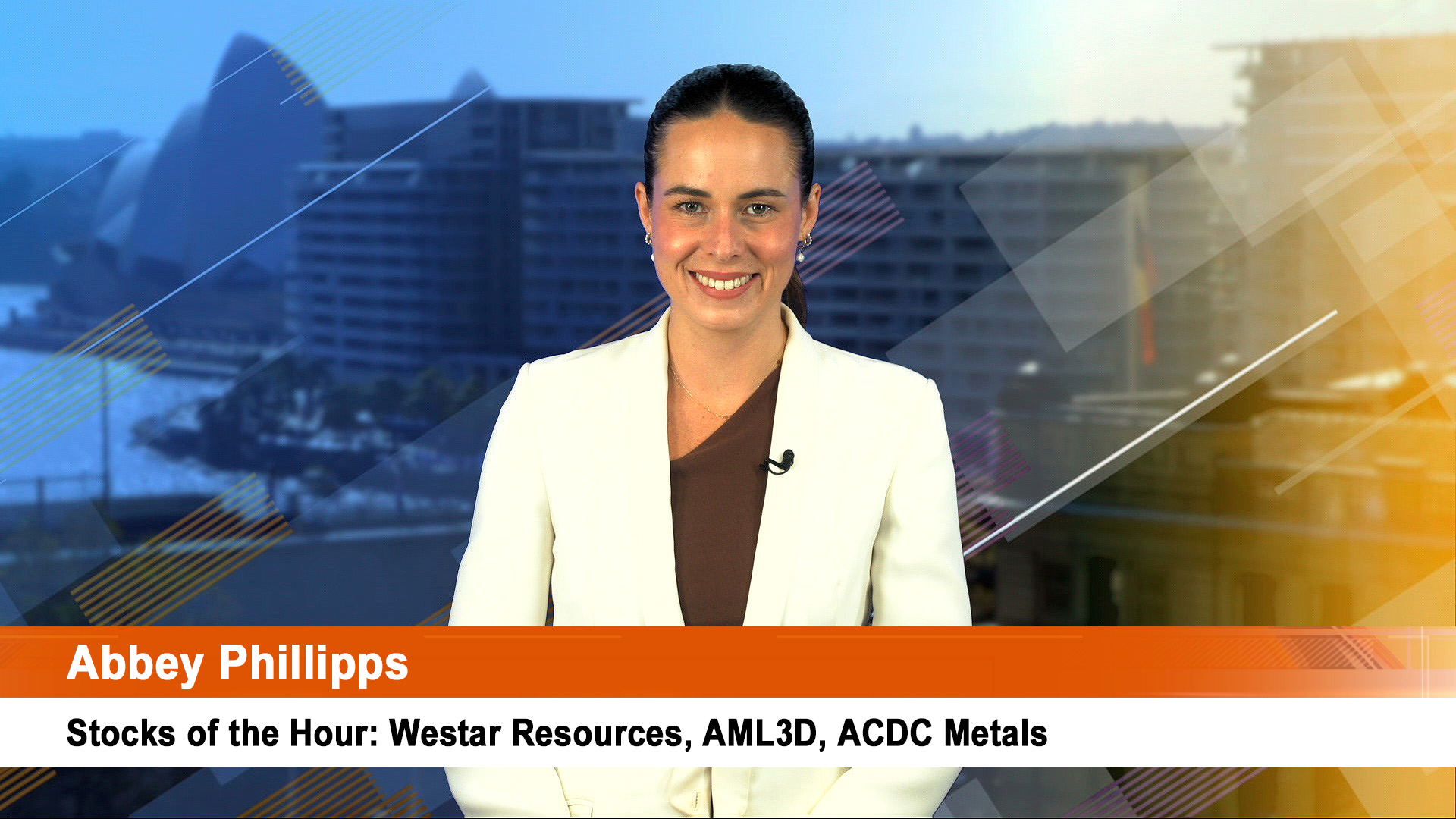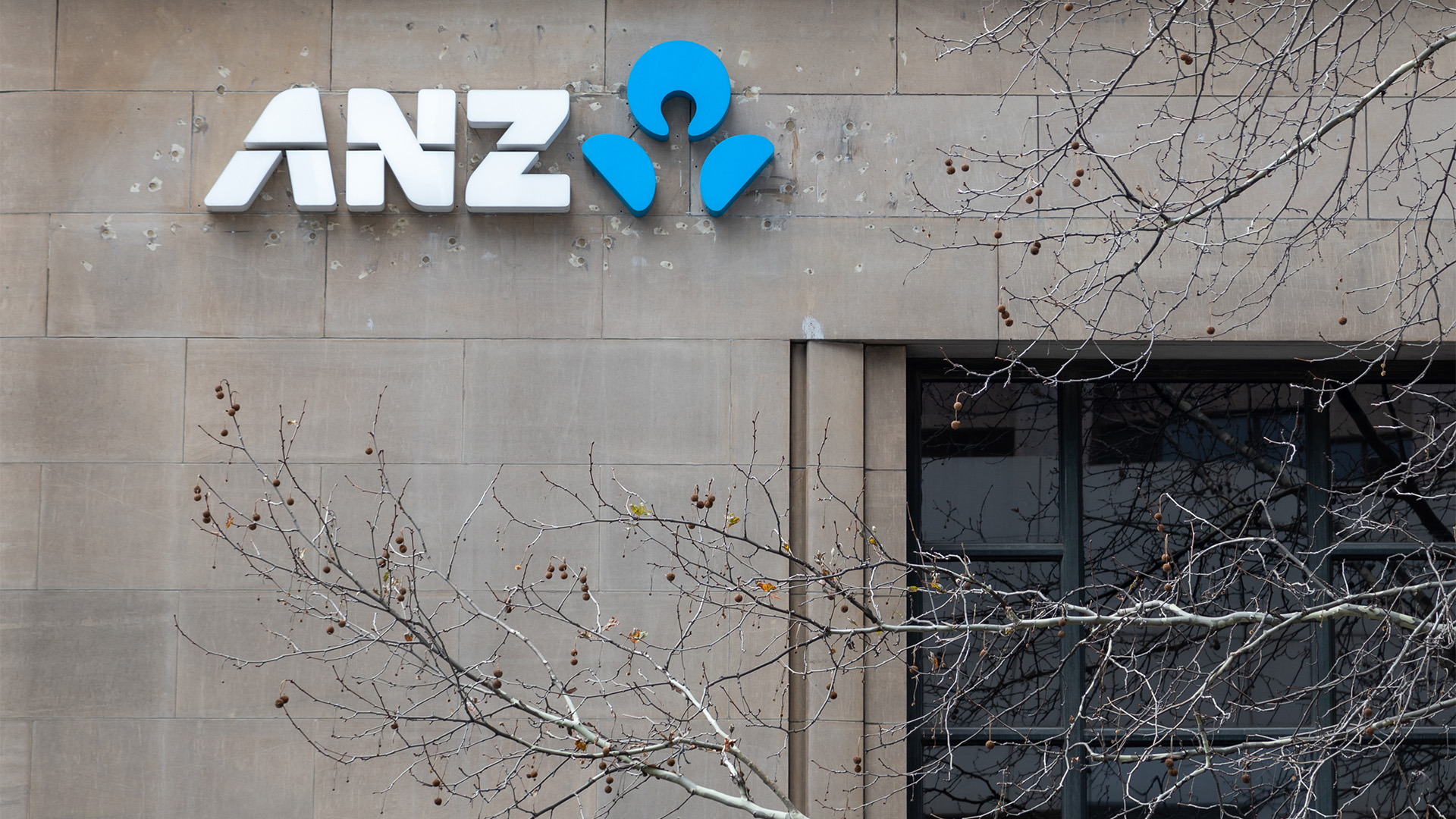The Reserve Bank is not worried about any short term impact on growth and inflation flowing from the impact of the floods in various states in the past few months.
In fact Governor Glenn Stevens went out of his way to detail the RBA’s thinking on the floods and their possible impact in his first post board meeting statement of the year which also revealed that the cash rate had been left on hold at 4.75%.
The news saw the Australian dollar regain the $US1 parity level with the greenback.
The bottom line from the statement is: the RBA is more happy with the economy at the moment, especially inflation, expects the floods to have some impact, sees the rebuilding helping offset that early negative impact in future quarters, but is still concerned about the tight conditions for labour, materials and other resources as the commodities boom grows.
That decision was widely expected, especially after the better than forecast inflation figures for the December quarter, especially the underlying rate which fell to 2.25% in the three months to December while the headline rate was a touch lower at 2.7%.

That in turn seems to have helped the RBA become more confident about inflation for the remainder of this year (we will get the first new forecasts from the bank in the Statement of Monetary Policy on Friday).
"Inflation is consistent with the medium-term objective of monetary policy, having declined significantly from its peak in 2008. Recent data show underlying inflation at around 2¼ per cent in 2010," the RBA said.
"The CPI rose by about 2¾ per cent, reflecting the once-off effect of the increase in tobacco excise.
"These moderate outcomes are being assisted by the high level of the exchange rate, the earlier decline in wages growth and strong competition in some key markets, which have worked to offset large rises in utilities prices.
"The Bank expects that inflation over the year ahead will continue to be consistent with the 2–3 per cent target."
The last paragraph is the most important for interest rates.
If the bank believes this will still be the case as the year goes on, we could see no rate rises in 2011. Note the use of this phrase in the above paragraphs "Inflation is consistent with the medium-term objective of monetary policy, having declined significantly". And also the use of the phrase "moderate outcomes" to describe the rises in inflation in 2010.
They are important qualifiers that tell us the RBA is more confident about the inflationary pressures in the economy than they were last December when the Governor said "Over the next few quarters, inflation is expected to be little changed, though it is likely to increase somewhat over the medium term if the economy grows as expected".
But remember commodity prices remain high, oil is at $US100 a barrel because of the unrest in Egypt and if that worsens, we could see an explosion in the oil prices and the cost of other commodities that might force the RBA to lift rates to try and control the economy in a replay of 2006-07 when Israel and Lebanon were fighting.
In fact if you look at the RBA’s Commodity price Index at the bottom of the next story, there’s a warning for Australia for the rest of the year: Commodity prices are up nearly 9% since the start of December and looking to go higher.
On the floods Mr Stevens had this to say:
"The flooding in Queensland and Victoria is having a temporary adverse effect on economic activity and prices.
"Some production of crops and resources has been lost and some other forms of economic output have also been lower in the affected areas.
"Prices for the relevant commodities have risen and are likely to remain elevated in the near term.
"Resumption of production is occurring at differing speeds by region and industry. In setting monetary policy the Bank will, as on past occasions where natural disasters have occurred, look through the estimated effects of these short-term events on activity and prices.
"The focus of monetary policy will remain on medium-term prospects for economic activity and inflation.
"The floods also resulted in damage or destruction to physical capital in the affected regions.
"Over the next year or two, the efforts to repair or replace infrastructure and housing will add modestly to aggregate demand, compared with what would otherwise likely have occurred.
"The extent of this net additional effect will depend on the full extent of the damage, the speed of the rebuilding, and the extent to which other public and private spending is deferred.
"The Bank’s preliminary assessment is that the net additional demand from rebuilding is unlikely to have a major impact on the medium-term outlook for inflation."
The Governor finished the statement by saying:
"The Bank will of course continue to assess the effects of the floods and the subsequent recovery, along with all the other factors having a bearing on economic conditions.
"At today’s meeting, the Board judged that the current stance of monetary policy remained appropriate in view of the general macroeconomic outlook."
So the floods will have a short term impact, but the bank doesn’t see that impact or the rebuilding and repair adding to the inflationary pressures in the economy over the medium te













